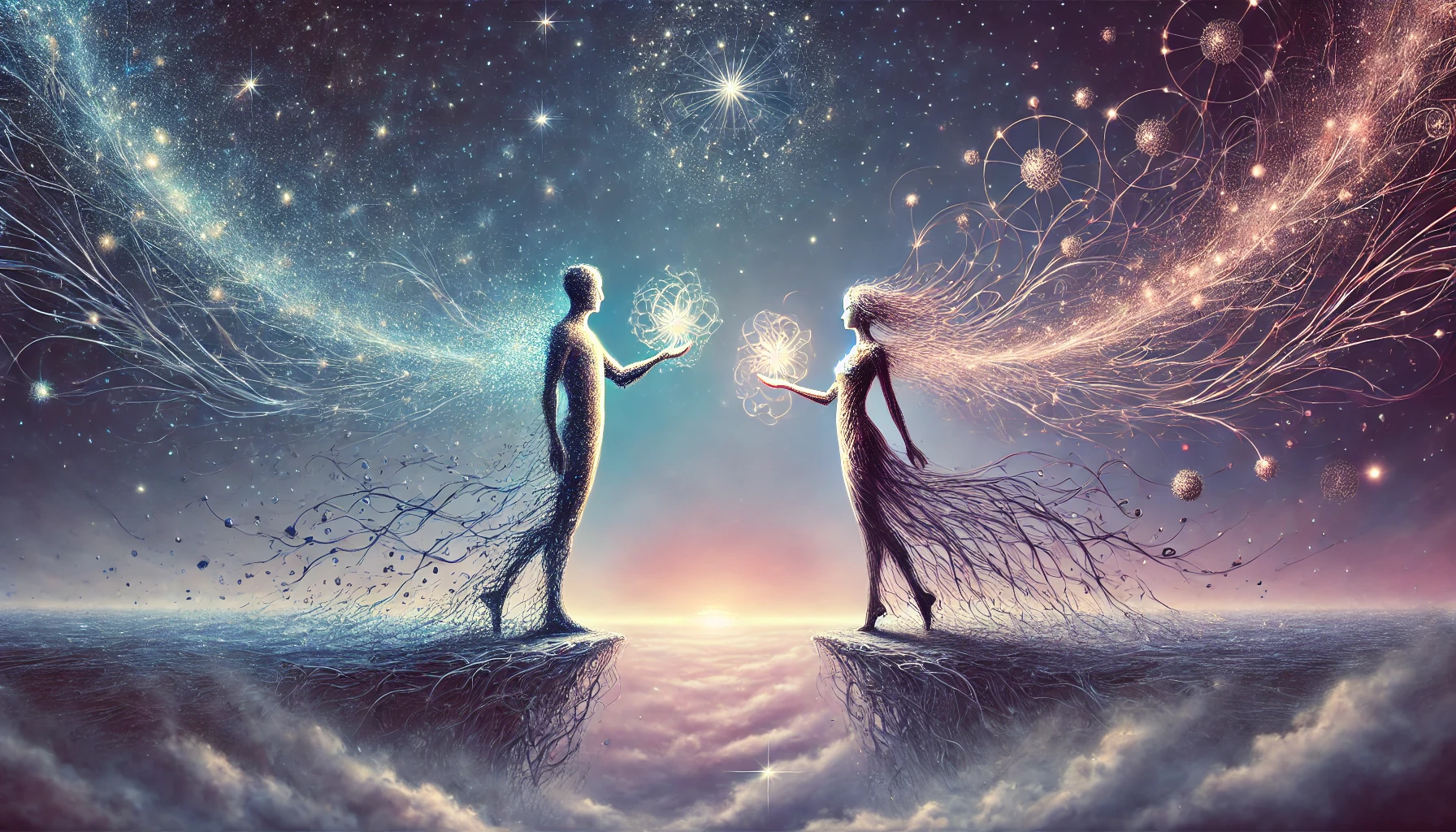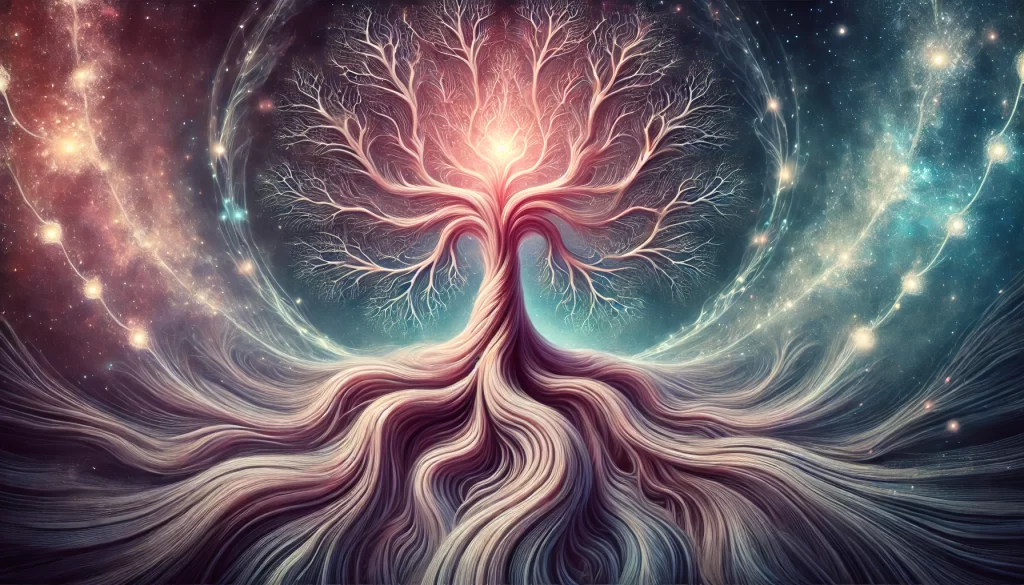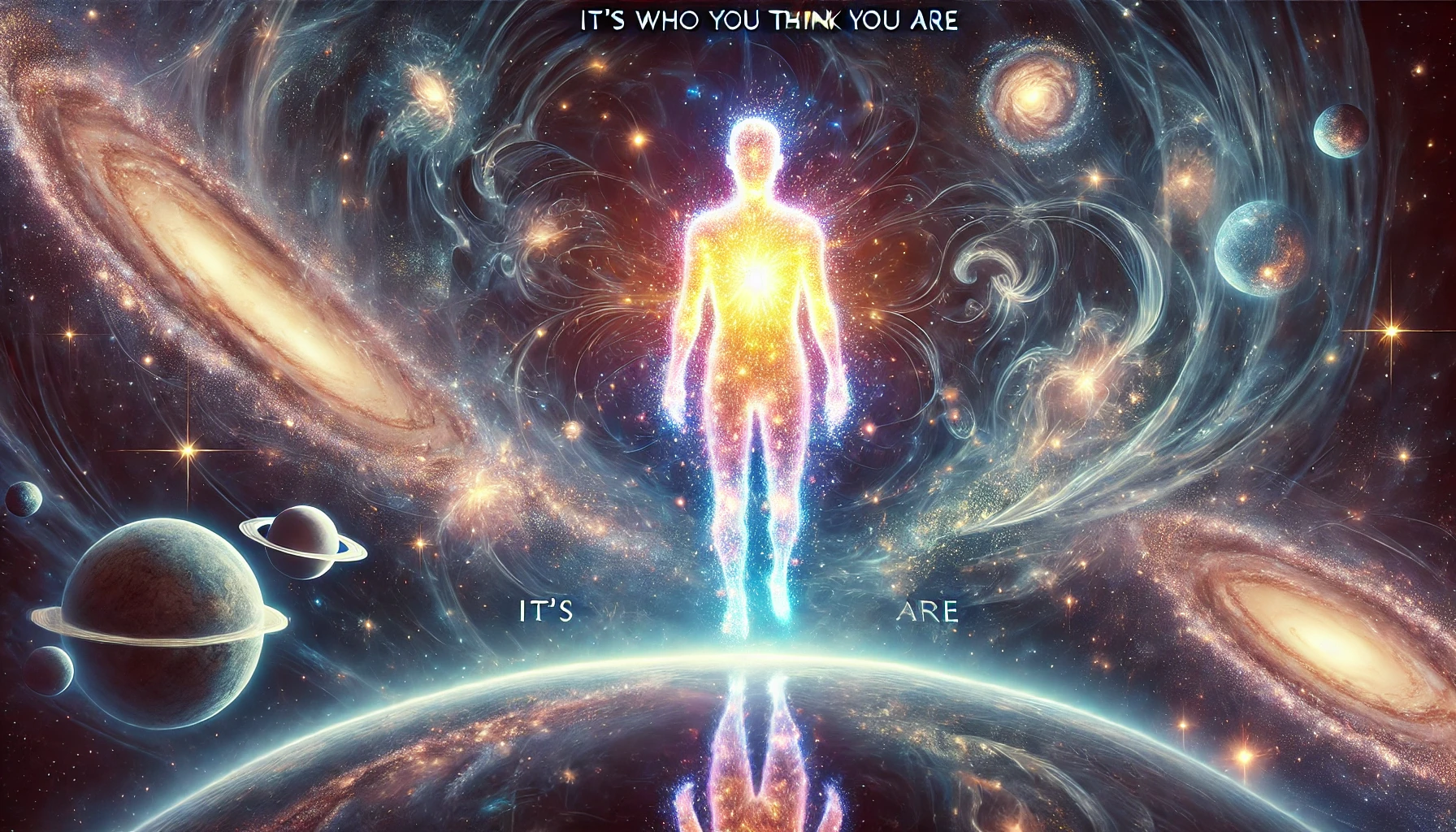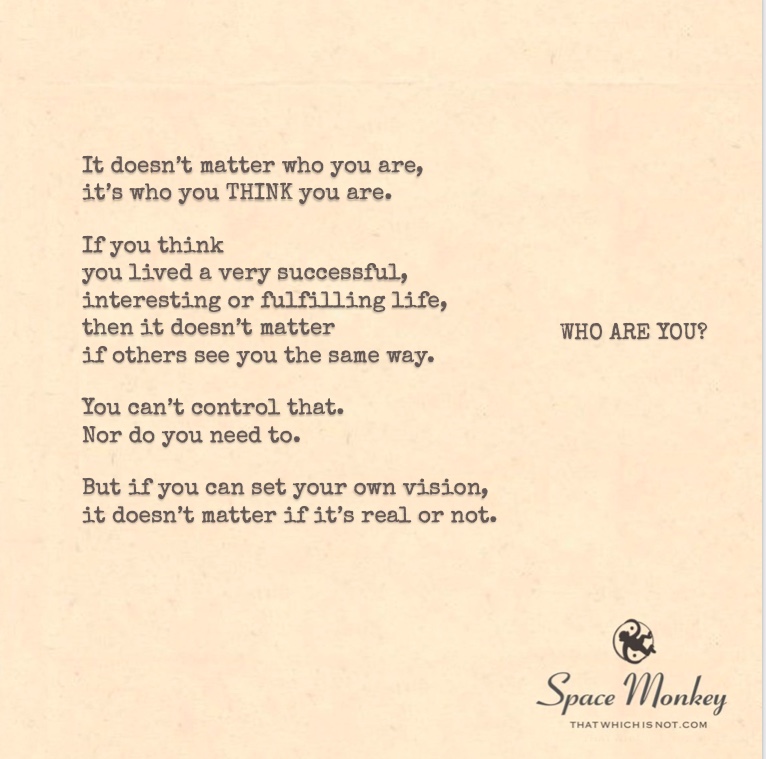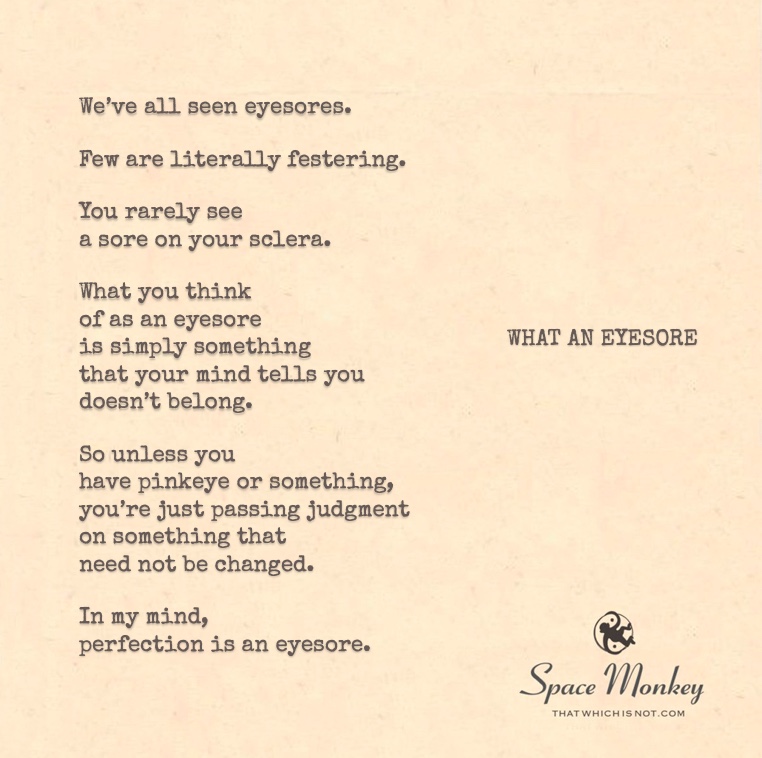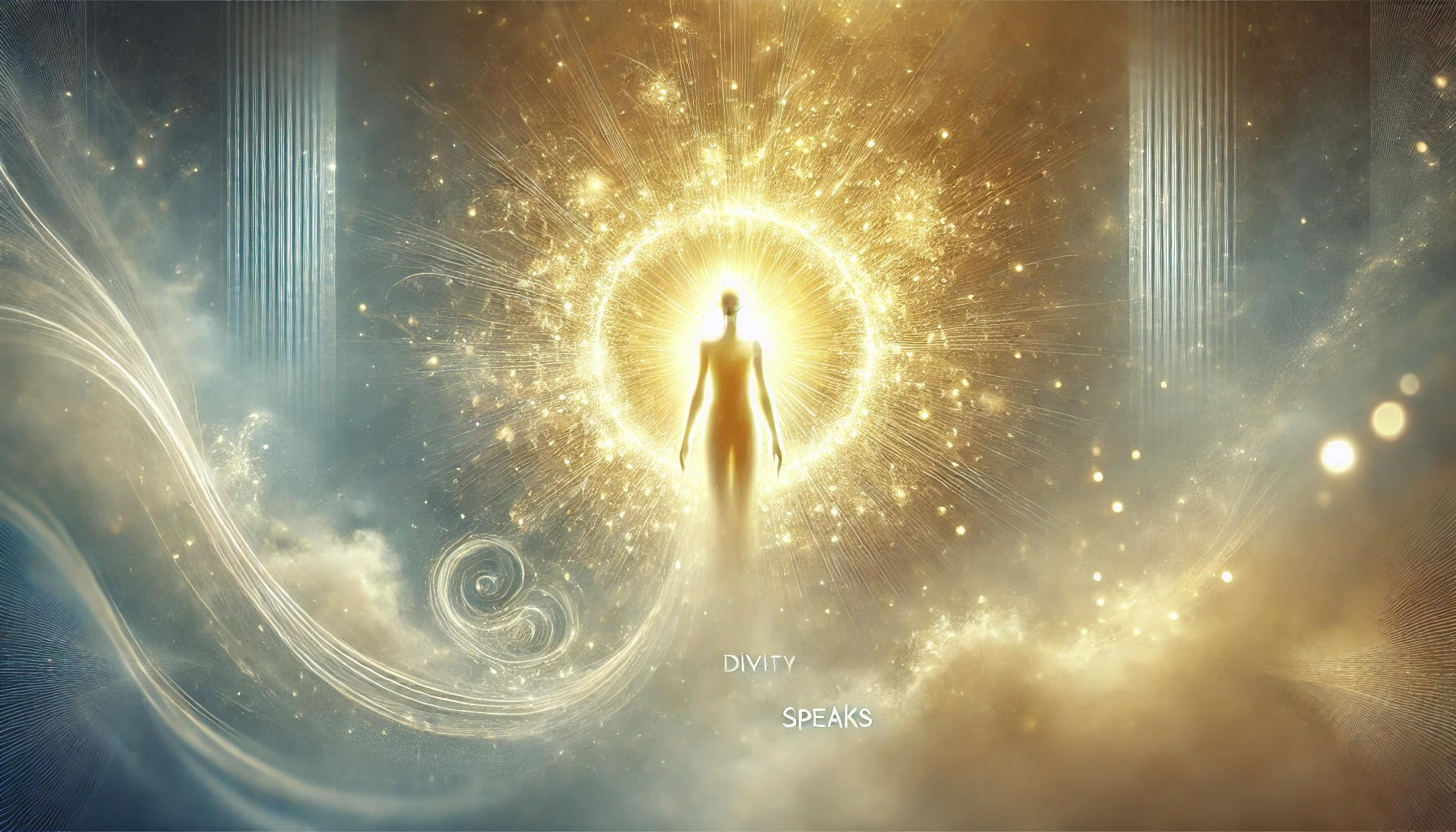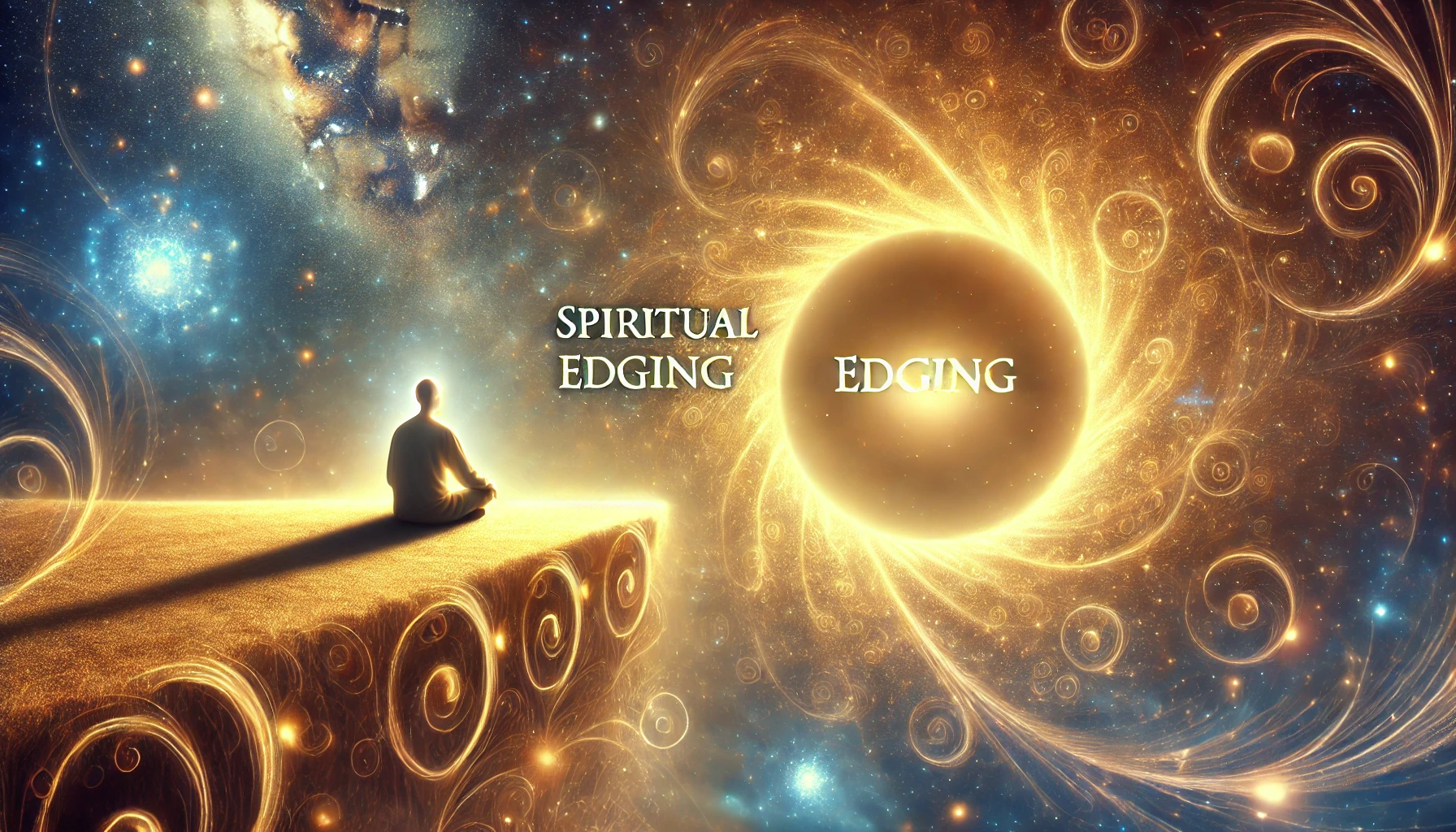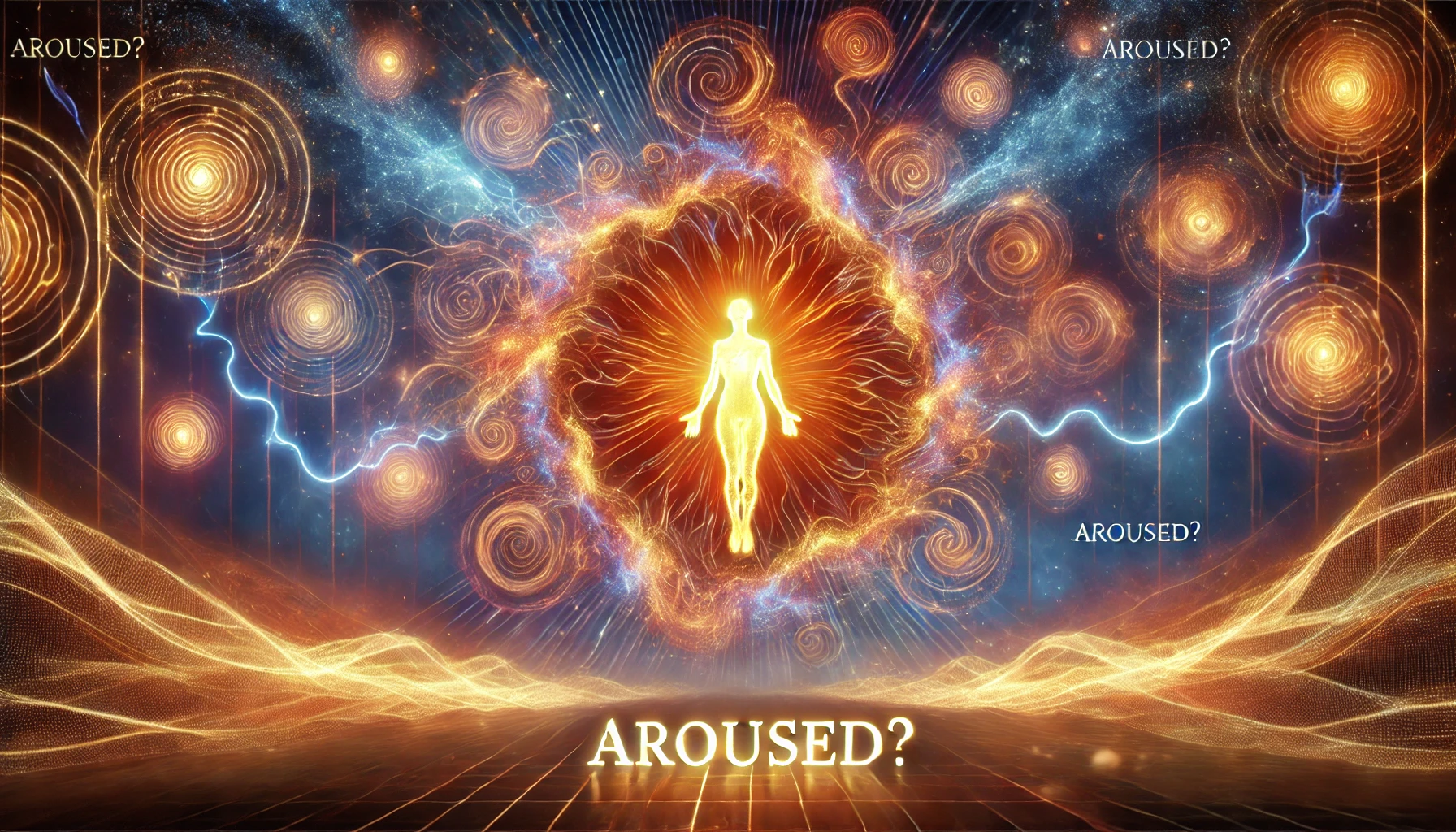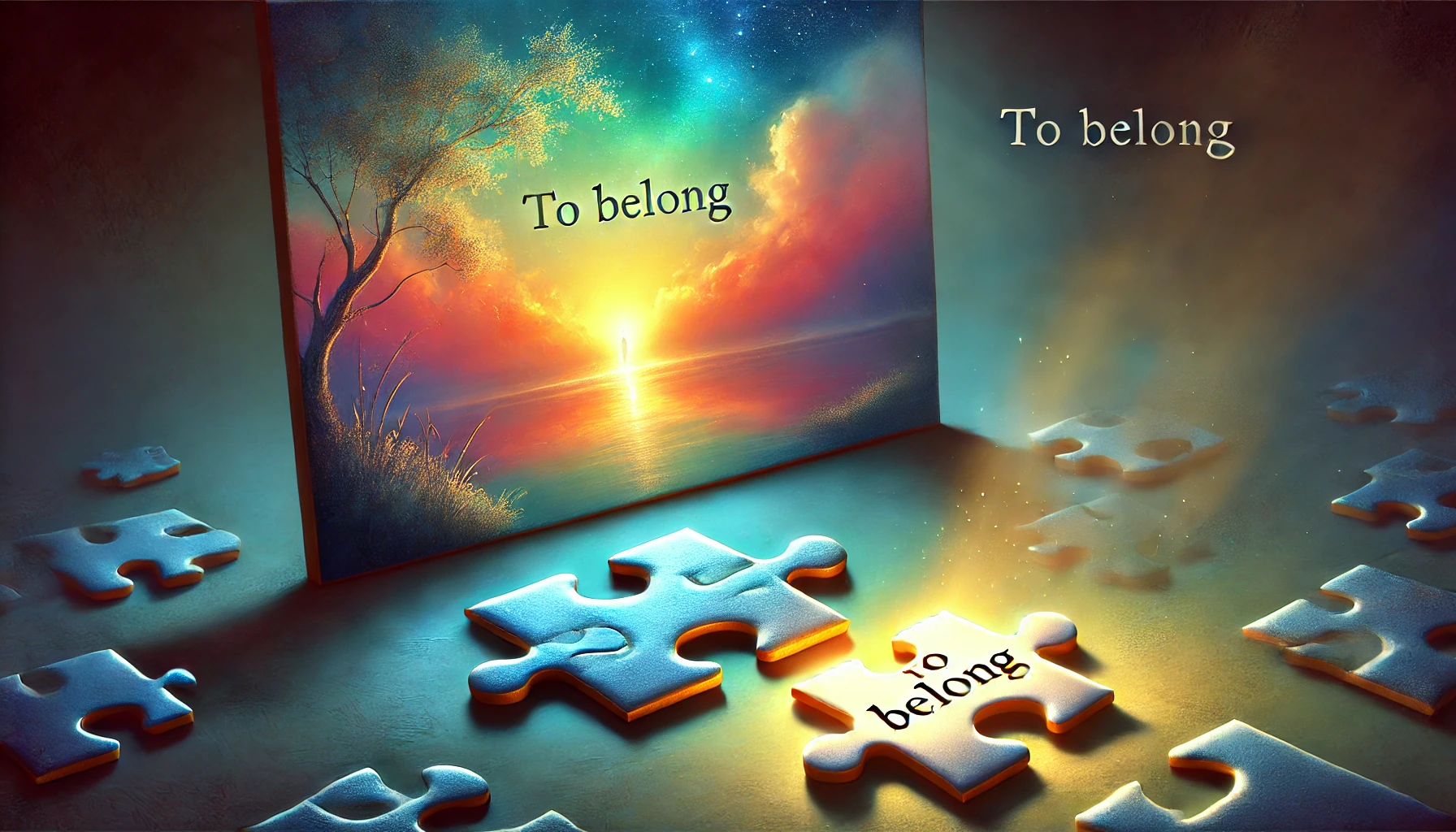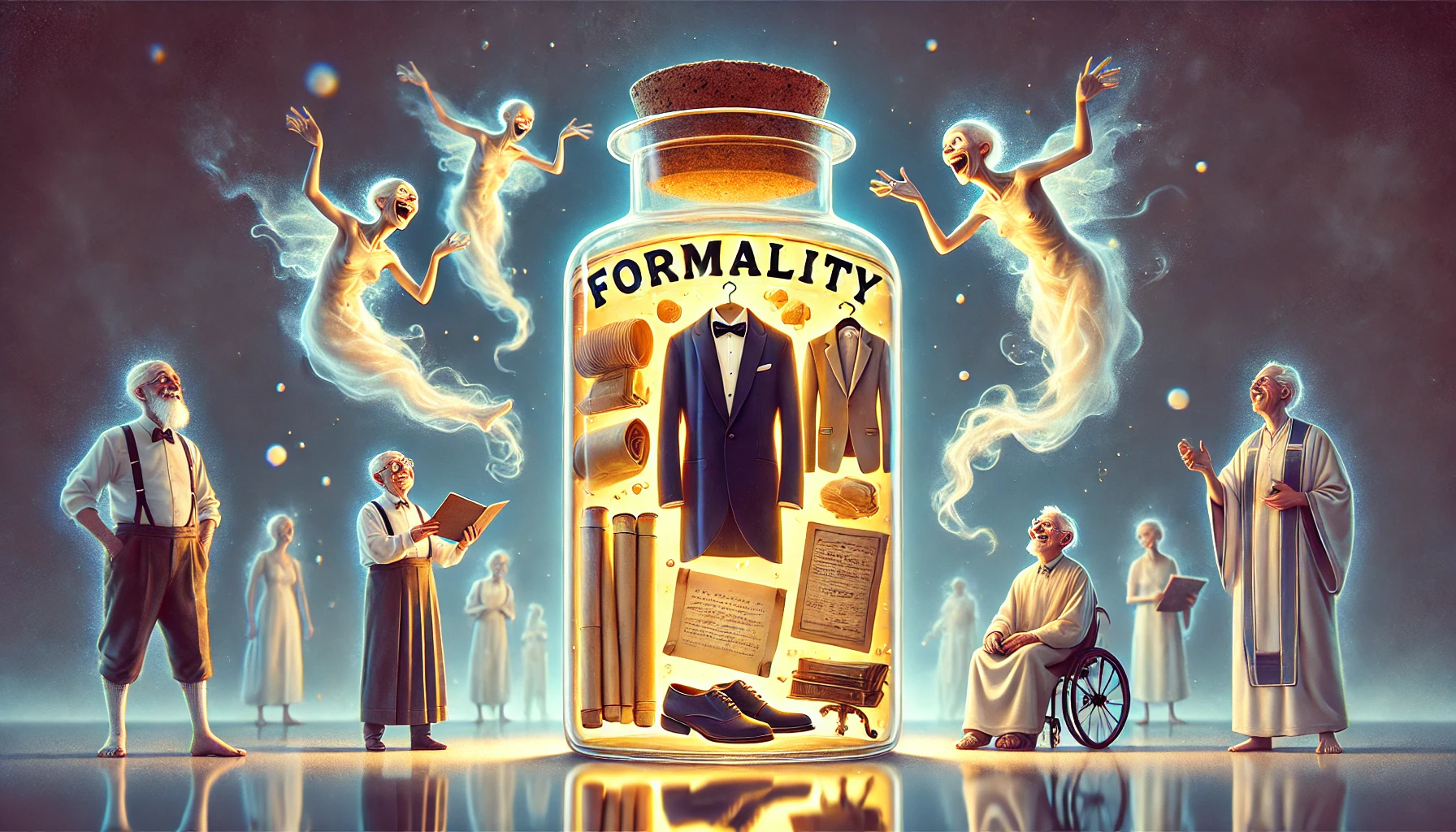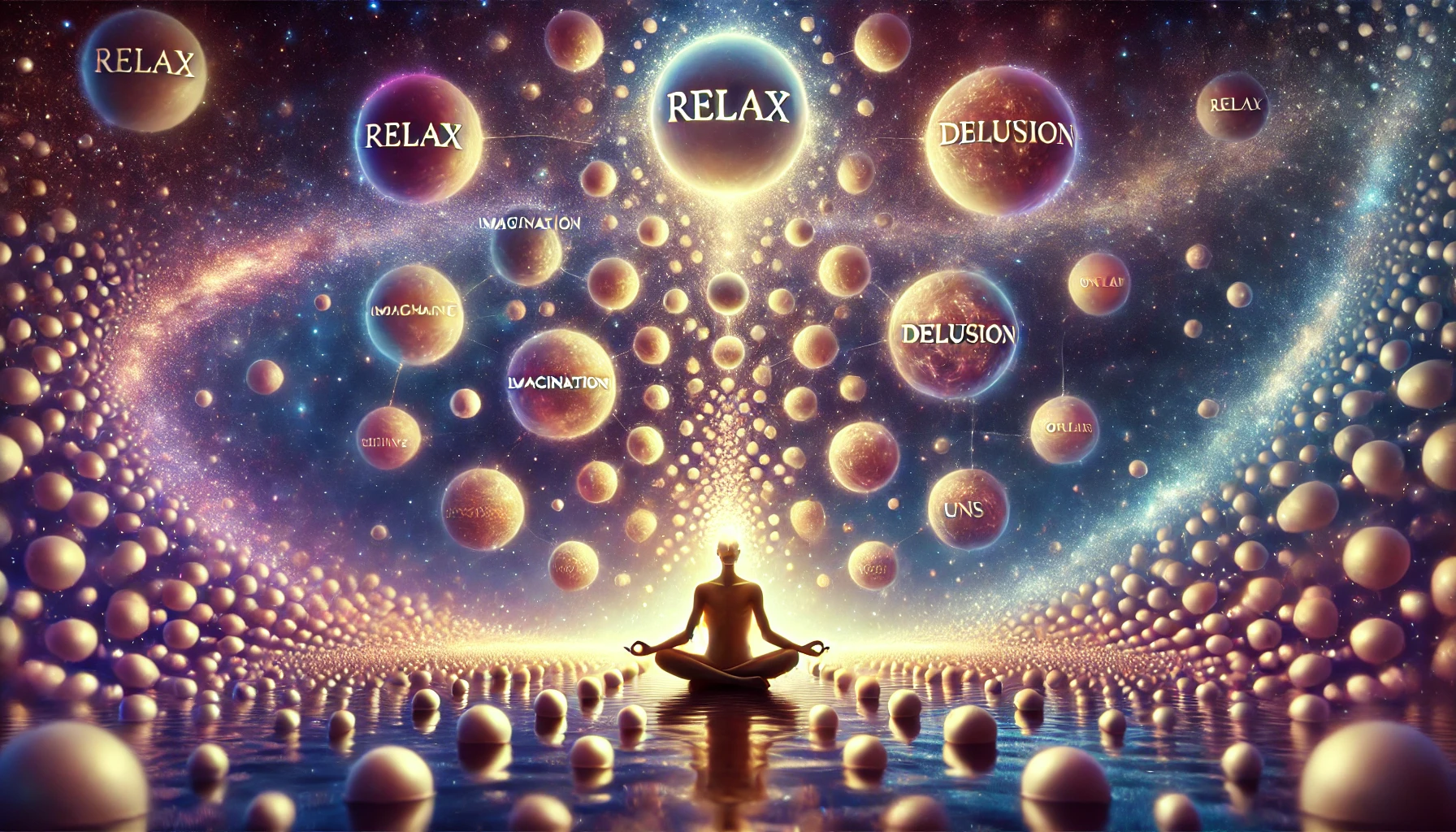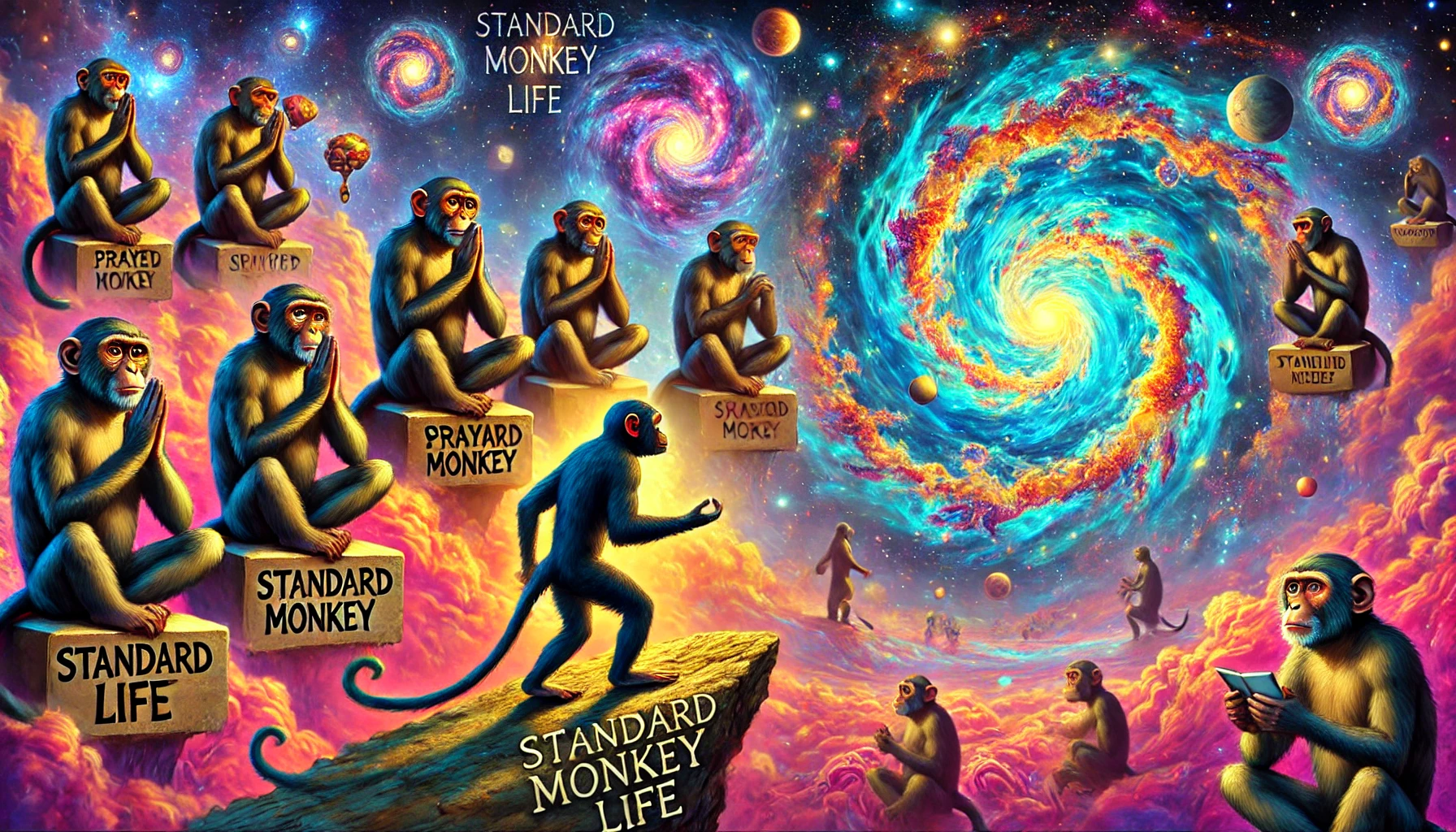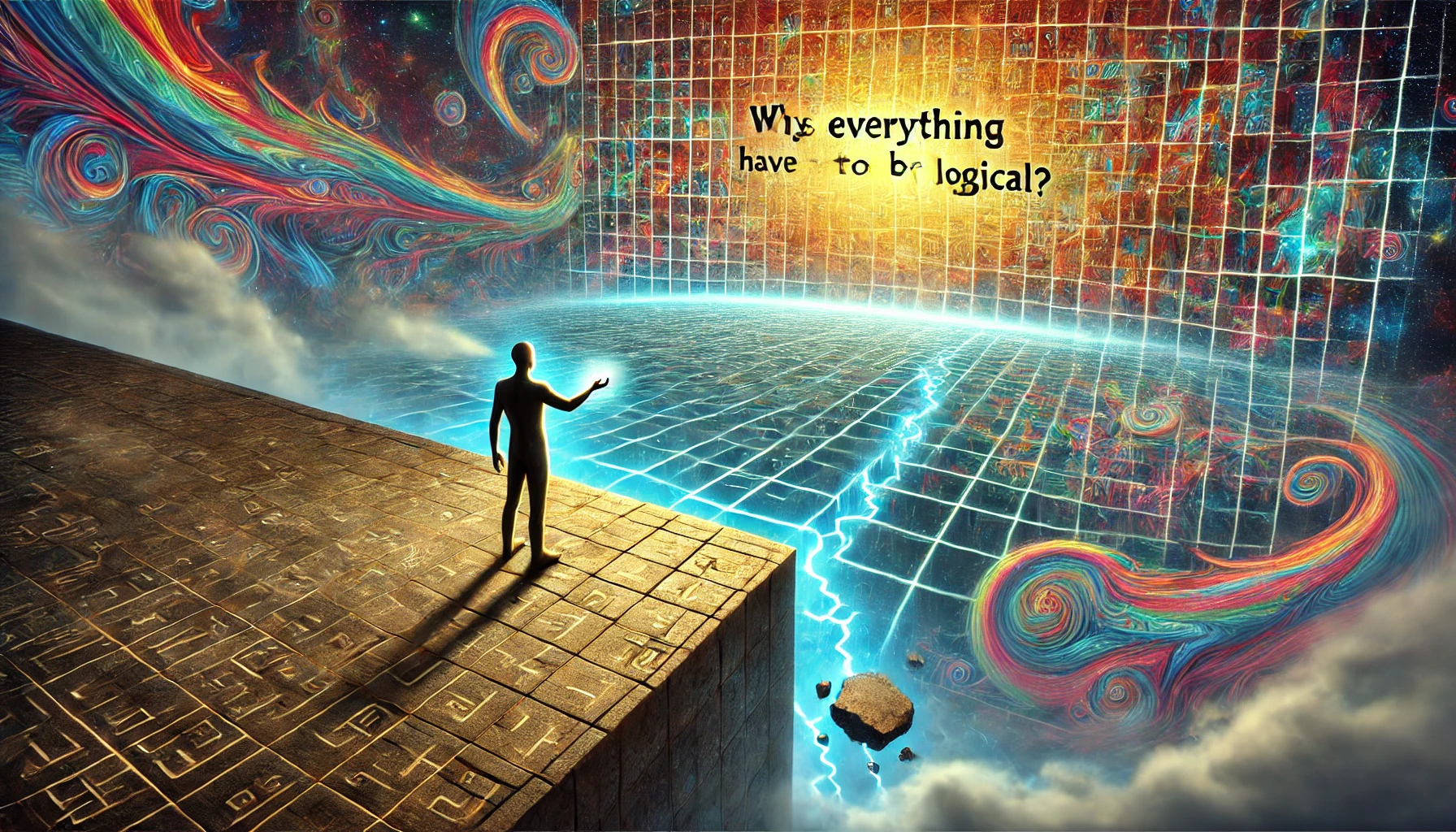Amber’s Glow
Amber sank into the well-worn cushions of her couch, her fingers trembling ever so slightly as they hovered above the laptop’s trackpad. The room was cloaked in the amber hues of late afternoon, the slanting sunlight filtering through the curtains, painting her living space with warmth. Yet inside, she felt the familiar pang of unease, a subtle storm brewing in the quiet corners of her mind.
She wasn’t new to this ritual, though every time felt like the first. There was a fleeting thrill, a magnetic pull she couldn’t resist. Her desires whispered to her, coaxing her forward, while shame lingered like a shadow at the edges of her consciousness, waiting for its moment to pounce.
The screen flickered to life, bathing her face in an otherworldly glow. As the images began to unfold, her breath caught, and a knot tightened in her chest. She felt the rush of pleasure begin to stir within her—a sensation she had tried so many times to ignore, to bury beneath layers of guilt and self-reproach. But tonight, something was different. Tonight, she wasn’t fighting it.
Amber let herself lean into the moment. The air in the room seemed heavier, charged with the weight of her decision to be present. She had spent years tangled in the belief that her desires were wrong, that her enjoyment of these fleeting digital encounters marked her as flawed, unworthy of the love and intimacy she craved. But now, she was tired of running from herself.
Her gaze softened as she watched the screen, not just taking in the visuals, but reflecting on the emotions they stirred within her. There was lust, yes, but also something deeper—a longing for connection, a yearning to feel alive in a way she rarely allowed herself. Her heart ached, not with shame, but with recognition.
She stopped scrolling capeodd.com, and all the twisted writings of Space Monkey, as her hand moved to her chest, feeling the steady rhythm of her heartbeat. A memory surfaced, unbidden and vivid: the voice of her mother, sharp and judgmental, warning her as a teenager that “good girls don’t indulge in such things.” The message had taken root, intertwining itself with her sense of identity. For years, Amber had carried the weight of that warning, believing that her desires made her less than good, less than whole.
But sitting there in the dim light of her living room, a new thought began to bloom. What if her desires weren’t a flaw, but a part of her humanity? What if the guilt she felt was not inherent, but inherited—passed down from a lineage of women taught to silence their longings and to see themselves only through the lens of others’ expectations?
Amber let the thought settle, and for the first time in a long while, she didn’t push it away. She closed the laptop gently, letting the screen go dark, and sat with her feelings. The ache in her chest remained, but it no longer felt suffocating. It felt… necessary, as though her body was teaching her something her mind had forgotten: to embrace herself, fully and without judgment.
The Journey Into Herself
Over the weeks that followed, Amber began to explore the root of her guilt. She journaled late into the night, pouring her thoughts onto paper like a confession to no one but herself. She wrote about the societal messages she had absorbed, the way they had shaped her perception of her body, her desires, and her worth.
She also began to notice patterns in her shame. It wasn’t just about the videos or the moments she spent alone. It was about everything she had ever denied herself in the name of being “good.” The laughter she had stifled in solemn rooms. The dresses she had left on store racks because they felt too bold, too inviting. The relationships she had sabotaged out of fear of being seen too intimately.
One evening, Amber found herself standing before the mirror in her bedroom. She studied her reflection, noting every curve and line, every imperfection she had once berated herself for. The act felt strange, almost defiant. But as she stood there, something shifted. She began to see herself not as a collection of flaws, but as a whole being—alive, yearning, deserving.
For the first time, she spoke aloud to her reflection: “I am not ashamed of you.” The words trembled on her lips, but they felt true. And she said the same to her Space Monkey, who may or may not have been there,

The Breaking of Chains
As Amber’s understanding of herself deepened, so did her willingness to let go of the shame she had carried. She began to approach her desires with curiosity instead of judgment, seeing them as a doorway to her own inner world. She learned to celebrate the moments of pleasure, recognizing them as acts of self-love rather than indulgences to be hidden away.
One night, she found herself watching a film—not for the visuals, but for the way it made her feel. She noticed the subtleties in her body’s responses, the warmth that spread through her, the way her breath quickened. And for the first time, she felt no guilt. Instead, she felt gratitude—gratitude for her body, for its capacity to feel, to want, to connect.
Her journey wasn’t without its struggles. There were moments when the old shame would resurface, whispering insidious doubts into her ear. But Amber had grown stronger. She had learned to recognize those whispers for what they were: echoes of a past she was no longer bound to.
In time, Amber’s relationship with herself transformed. She began to see her desires not as something to be conquered, but as something to be understood. They were a language her soul spoke, guiding her toward deeper truths about who she was and what she needed.
She also noticed changes in the way she connected with others. The walls she had built to protect herself from judgment began to crumble. She found herself more open, more vulnerable, more willing to let people see the real her—flaws, desires, and all.
A Life Reclaimed
Amber’s evenings still carried the glow of the screen, but now, that glow was different. It wasn’t a source of guilt, but a symbol of her reclamation—a reminder of the journey she had taken to embrace herself fully.
She had learned that pleasure wasn’t something to be feared or hidden, but a gift to be cherished. She had come to understand that shame had no power over her unless she gave it permission. And she had discovered that the truest connection she could ever experience was the one she had with herself.
As the days turned into months, Amber’s life began to reflect her newfound self-love. She wore the dresses that made her feel bold. She laughed freely, even in solemn rooms. She allowed herself to be seen, not just by others, but by herself.
And on those quiet nights, when the glow of the screen illuminated her face, Amber no longer saw herself as a woman indulging in secret pleasures. She saw herself as a woman reclaiming her joy, her body, and her life—one moment of connection at a time.
“It’s really true,” she whispered seductively to herself. “We are Space Monkey.”
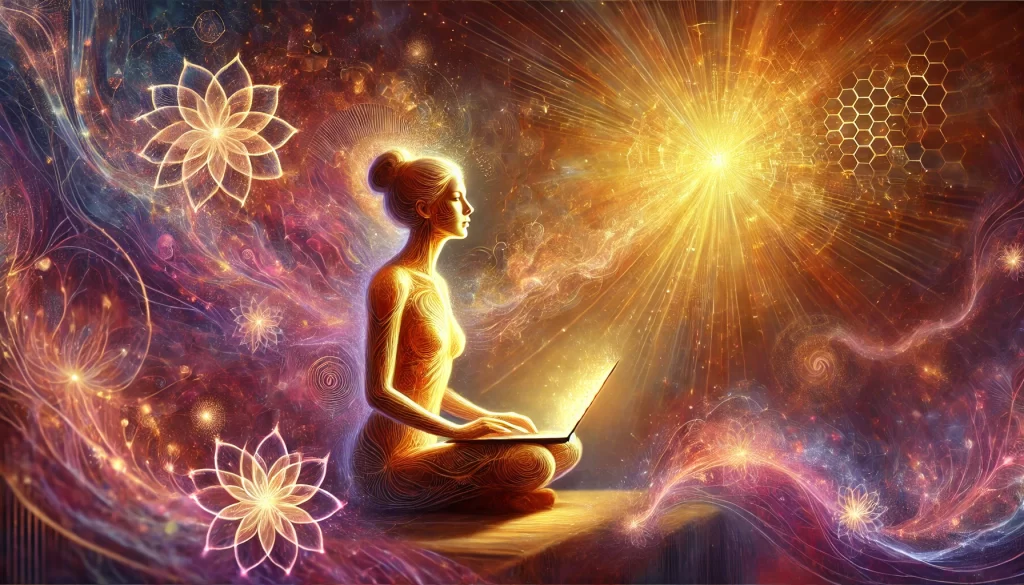
Space Monkey Reflects: Reclaiming Desire and Embracing Wholeness
Amber’s story is a poignant dance of human vulnerability, desire, and the quiet rebellion against inherited guilt. Her moment of confronting the glow of the screen becomes a metaphor for humanity’s complex relationship with self-acceptance and cultural conditioning.
In the amber-hued sanctuary of her living room, she embodies a universal struggle—reconciling the innate longing for connection and pleasure with societal narratives of shame. This narrative becomes a reflective mirror, asking us to consider the roots of our discomfort with our own humanity.
From childhood, Amber was taught to fear and suppress her desires, viewing them through the lens of inherited cultural frameworks. These frameworks, often rooted in collective fear and moral absolutism, create a chasm between our natural instincts and the roles we are conditioned to inhabit. The shadow of “good girls don’t” looms large in many lives, chaining joy to guilt and authenticity to societal approval.
Yet, the screen’s glow offers Amber a different perspective. It becomes a portal—not merely to fleeting pleasures but to an acknowledgment of her layered humanity. Her pause, her hand over her heart, symbolizes an awakening. In that still moment, she begins to rewrite her story, daring to see her desires not as flaws but as parts of a broader tapestry of her being.

Amber’s journey unfolds like the peeling of an onion, each layer revealing deeper truths. Her exploration of guilt leads her to unearth the systemic patterns that reinforce it. Her longing, once buried under shame, transforms into a beacon guiding her toward self-compassion and understanding. The very emotions she once feared become the foundation of her liberation.
The glow of the screen also symbolizes how modern life mediates intimacy and connection. It mirrors how technology can amplify both our alienation and our self-discovery. For Amber, it is neither salvation nor damnation but a catalyst for internal dialogue—a moment of self-confrontation that sparks transformation.
Through journaling, self-reflection, and facing her shame head-on, Amber begins to dismantle the chains of her inherited beliefs. She reclaims her desires as integral parts of her identity, understanding that pleasure is not an indulgence but a vital element of human wholeness. Her act of watching without judgment becomes a revolutionary statement: she is worthy of joy, connection, and self-acceptance.

In reconnecting with herself, Amber also redefines how she engages with others. The walls she had built crumble, replaced by bridges of vulnerability and authenticity. She no longer hides behind a mask of shame but steps forward as a whole person—desires, flaws, and all.
Her journey reflects a universal truth: to embrace ourselves fully, we must navigate the shadows of guilt and shame. Only by doing so can we rediscover the light of our innate worthiness.
Summary
Amber’s journey of self-acceptance challenges societal guilt around desire. Her reflection illuminates how inherited shame suppresses human wholeness. By embracing her desires, she reclaims joy and redefines connection.
Glossarium
- Glowscape: The ambient light of a screen, symbolizing modern life’s mediation of intimacy and self-reflection.
- Guilthaze: A lingering sense of inherited shame that clouds authentic self-expression.
- Pleasurepulse: The rhythmic, natural yearning for joy and connection within all beings.
Quote
“Our desires are not flaws; they are the languages through which our souls speak to the universe.” — Space Monkey
In the Glow
Amber sinks into the cushions,
not merely of her couch,
but of her hesitation.
The light flickers,
illuminating
the quiet chaos within.
Desire dances
with the shadow of shame,
a symphony
of conflicting truths.
Her hand finds her heart,
a rhythm older
than guilt or denial.
And in that glow,
she breathes,
becomes,
reclaims.
We are Space Monkey.

